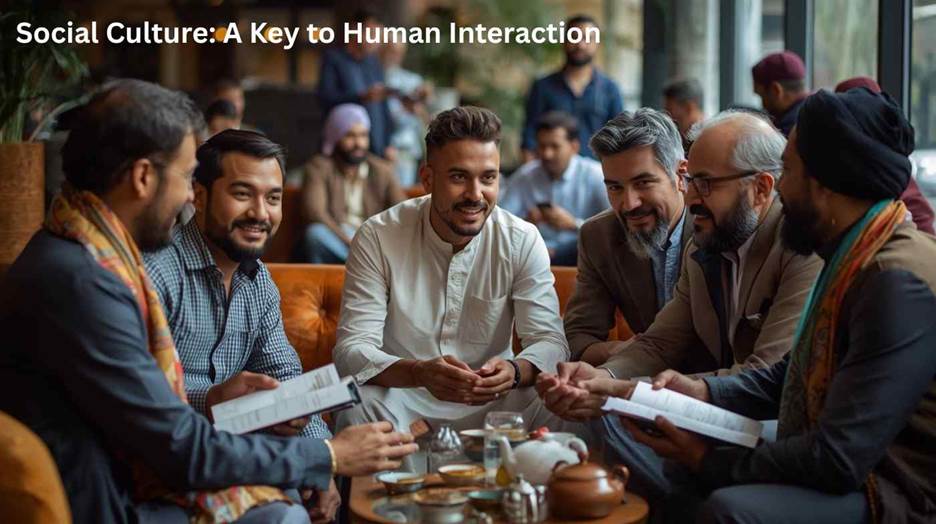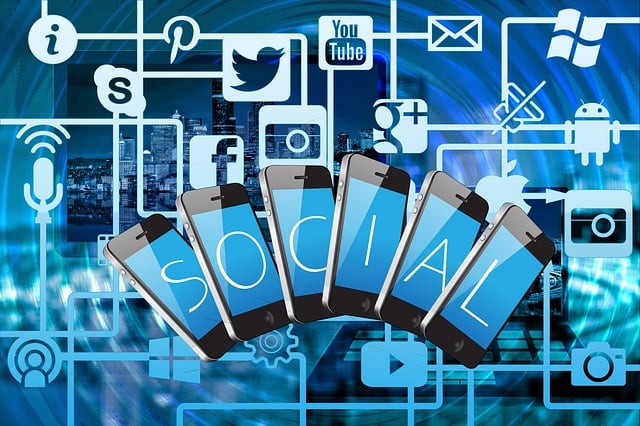Human beings are inherently social. The way people live, interact, and build relationships is deeply influenced by social culture. It refers to the collective norms, traditions, and behaviors that shape how communities function. Whether in family life, workplace interactions, or broader societies, social culture plays a vital role in determining the values and expectations that guide human behavior.
Table of Contents

The Foundations of Social Culture
Shared Values and Beliefs
At its core, social culture is built upon shared values and beliefs. These may include ideas about respect, honesty, family roles, or community responsibility. For example, some societies place emphasis on individual freedom, while others prioritize collective well-being.
Language and Communication
Language is one of the strongest carriers of social culture. Beyond words, gestures, tone, and expressions reflect cultural norms. In some communities, direct communication is encouraged, while in others, subtle hints or nonverbal cues carry more meaning.
Traditions and Rituals
Traditions such as weddings, religious ceremonies, or national celebrations preserve the identity of a community. They act as a bridge between generations, ensuring that social culture is passed down while adapting to modern needs.
The Role of Social Culture in Daily Life
Family Dynamics
Family is often the first space where social culture is experienced. From how children are raised to how elders are respected, family structures reveal a society’s core values. A culture that emphasizes strong family bonds may prioritize caregiving, while another may encourage independence from an early age.
Education and Learning
Schools are more than places of academic instruction; they are hubs of social culture. Through curriculum, teacher–student relationships, and peer interactions, children learn how to function within their society. The educational system itself is often shaped by the larger cultural framework.
Workplace Environment
In professional settings, social culture dictates behavior and expectations. For instance, some workplaces foster open discussions and casual environments, while others follow a strict hierarchy. Understanding these dynamics is crucial in today’s globalized job market.
Social Culture and Identity
Building Personal Identity
A person’s sense of self is strongly influenced by social culture. From clothing styles to career choices, cultural expectations often shape identity. People may embrace or challenge these norms, but they remain an undeniable influence.
Group Identity and Belonging
Communities thrive when people feel connected. Social culture provides a sense of belonging by offering common ground through traditions, language, and shared values. This connection reduces isolation and strengthens social bonds.

The Impact of Globalization on Social Culture
Cultural Exchange
Globalization has made the world more connected than ever. As people migrate, travel, and communicate across borders, social culture evolves. Festivals, foods, and music often spread beyond their original regions, enriching societies worldwide.
Preserving Local Cultures
While globalization encourages exchange, it can also threaten traditional practices. Preserving local social culture is essential to maintaining diversity and preventing homogenization. Communities often blend modern trends with traditional practices to keep their identity alive.
Challenges in Social Culture
Cultural Misunderstandings
When different societies interact, differences in social culture can lead to misunderstandings. What is considered polite in one culture may appear disrespectful in another. Awareness and education help reduce these conflicts.
Balancing Tradition and Modernity
Communities often struggle to balance old traditions with modern lifestyles. Too much focus on tradition may hinder progress, while ignoring traditions may weaken identity. A balanced approach ensures that social culture remains relevant.
The Future of Social Culture
Technology’s Influence
Digital platforms are reshaping social culture. Social media, online education, and virtual workplaces create new norms of interaction. These changes influence how people connect, share ideas, and build communities.
Toward a Global Social Culture
As connections grow, a global social culture may emerge. This does not mean local traditions will vanish, but rather that shared values like respect, equality, and sustainability may unite humanity across borders.
Conclusion
Social culture is the invisible thread that connects individuals, families, and societies. It shapes values, influences identity, and guides behavior in every aspect of life. In a rapidly globalizing world, understanding and respecting diverse cultures is essential for peaceful coexistence. By preserving traditions while embracing change, societies can ensure that social culture remains both a foundation of identity and a bridge to global unity.